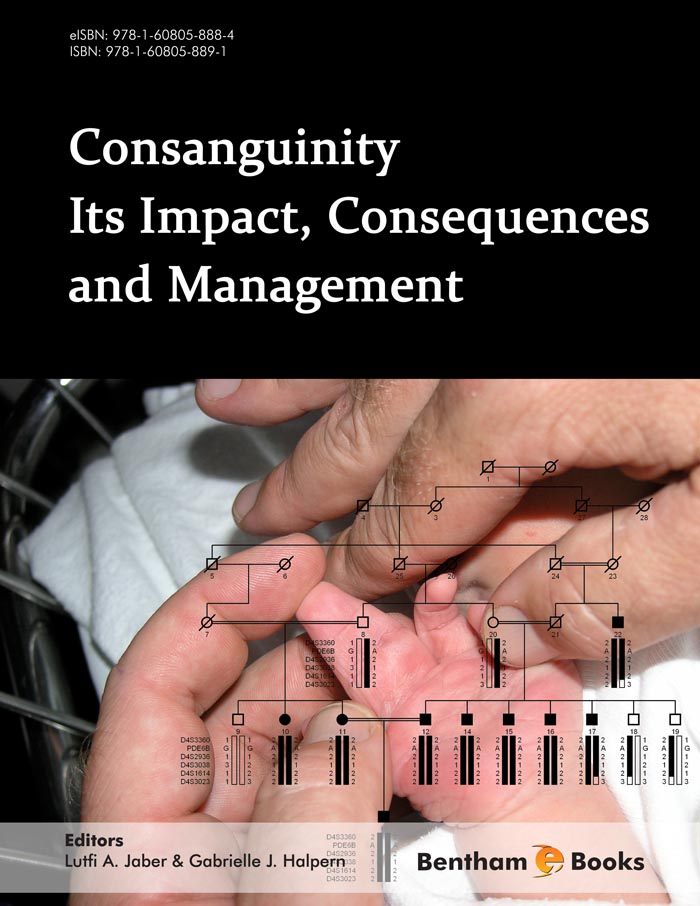Introduction
Consanguineous marriages have been practiced for hundreds of years, predominantly by Moslems. Although it is generally accepted among communities that the social advantages outweigh other, the rate of congenital malformations and genetic diseases among the offspring borne of consanguineous marriages is higher and an increase in sterility, rates of abortions, stillbirths and neonatal deaths has been suggested by some researchers. These problems result in a substantial economic burden within the communities involved in the practice. Strategies for reducing the frequency of consanguineous marriages include expansion of educational programs, promotion of genetic testing services, and research to identify the genes responsible for genetic defects. Nowadays, with the migration of large numbers of Moslems towards Western countries, consanguinity is becoming a practical issue in places where it was barely known, previously. This eBook serves as a guide for health care workers and counselors of the phenomenon and its associated problems. This eBook begins with an introduction of the topic from a social, legal and biological perspective. It then progresses to research about associated genetic disorders, reproductive and social awareness issues through the proceeding chapters. The eBook concludes with 2 chapters exploring strategies to counter the effects of consanguinity within the general population.





